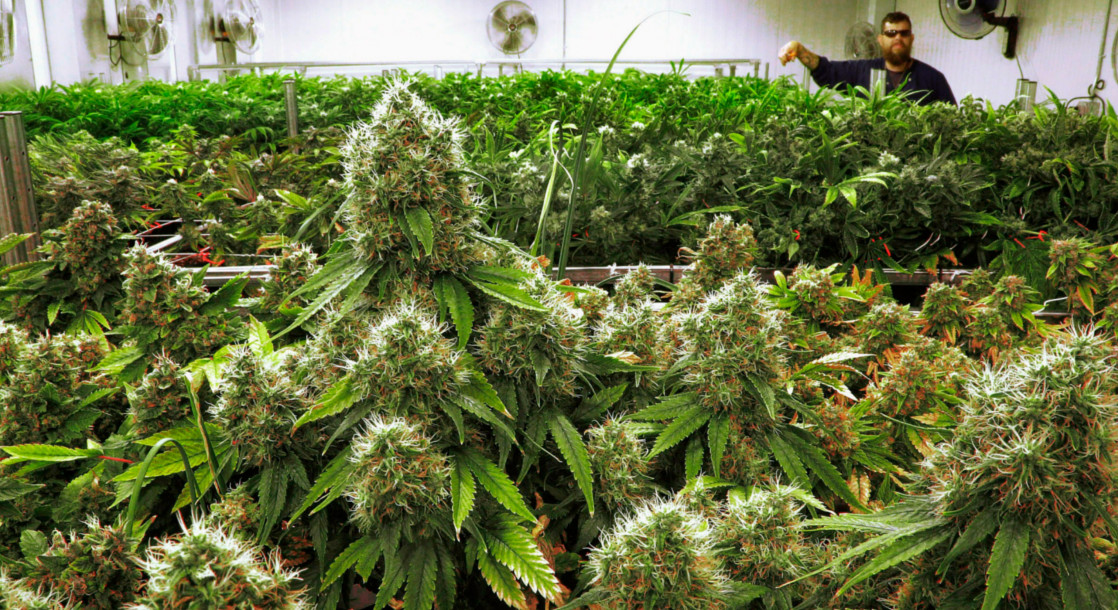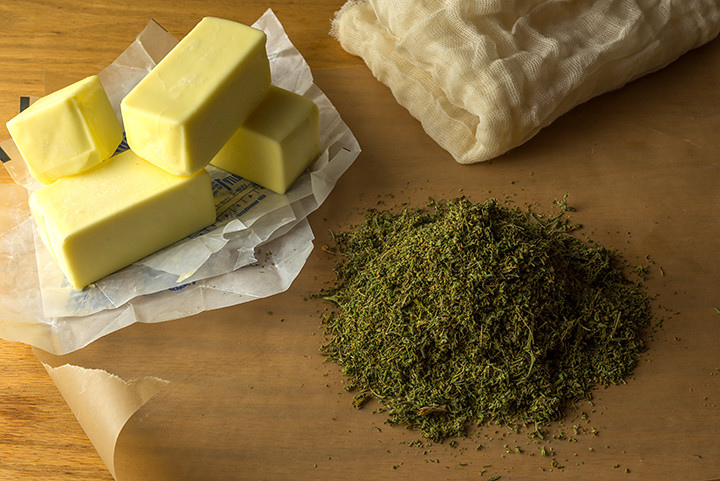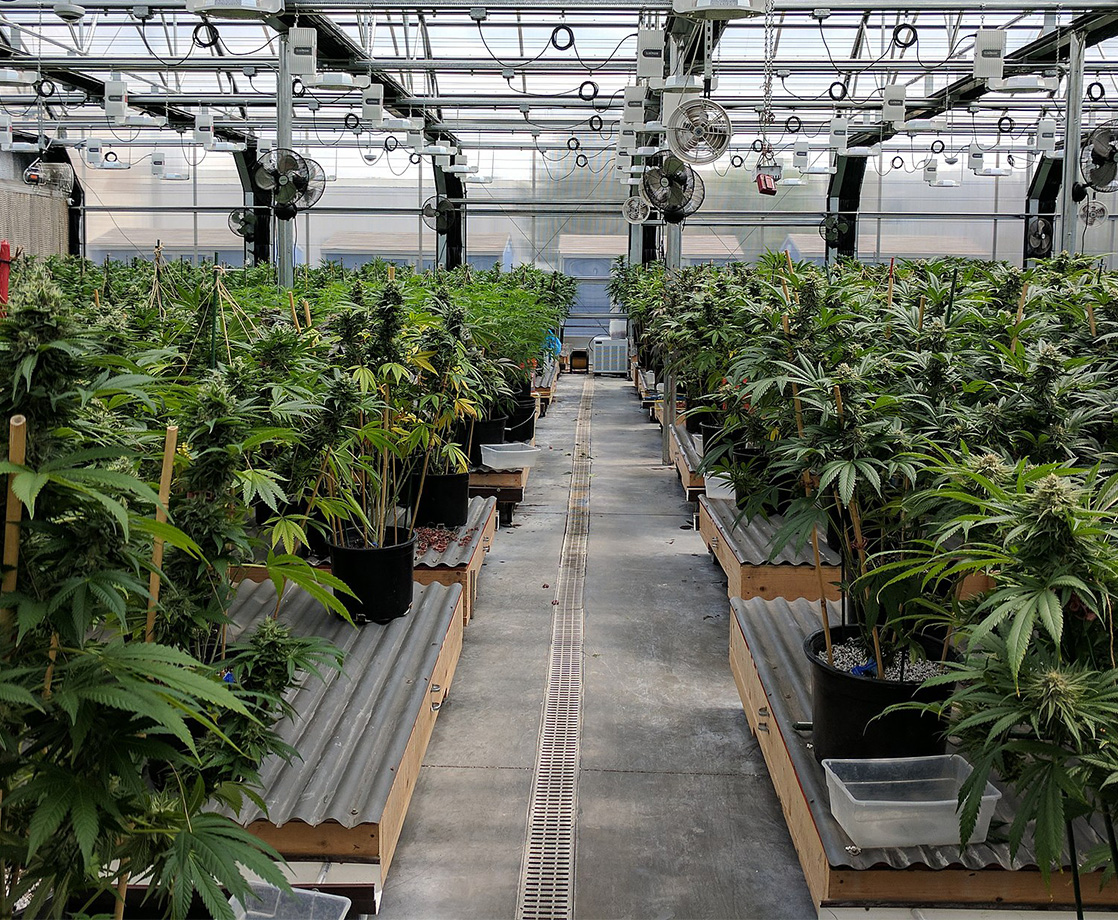Image via
Pennsylvania Governor Tom Wolf’s plan to mass pardon thousands of minor cannabis offenders is turning out to be a bust, thanks to the program’s strict eligibility requirements.
On September 1st, Gov. Wolf and fellow cannabis champion Lt. Gov. John Fetterman announced the Pennsylvania Marijuana Pardon Project, a program intended to help wind back the damages of cannabis prohibition. This new program allowed Pennsylvanians who had been arrested for minor pot possession or personal use to apply for a full pardon from the governor. By the end of the month, the state Board of Pardons had received more than 3,500 applications for pot pardons.
“The Pennsylvania Marijuana Pardon Project was a first-of-its-kind project with a goal to pardon a large amount of people with select minor, non-violent marijuana criminal convictions since the governor cannot unilaterally issue pardons and the General Assembly has yet to act to legalize adult-use marijuana,” said Emily Demsey, deputy press secretary for Wolf, to PennLive.
But despite its lofty goals, the program’s tight restrictions doomed it to be a near-total failure. The program technically only offers clemency to people who had been arrested for weed only once and had no other criminal charges on their records. These strict rules forced the Board of Pardons to automatically disqualify more than 900 applicants who had been arrested for minor pot crimes on more than one occasion.
The board initially planned to vote on approving the remaining applicants in October, but put the process on hold due to an excessive number of typos and clerical errors in the applications. After a lengthy review, the board finally voted on the remaining applications last week. Out of nearly 2,600 applications that remained, 2,002 were rejected for failing to meet the program’s criteria, and another 434 were held for a later vote. Ultimately, the board only accepted 231 applications, less than 10% of the total.
Some applicants were clearly rejected for failing to enter the correct docket numbers or other necessary information, but advocates believe most were probably excluded because they had multiple criminal charges on their record. Cops usually charge pot offenders with multiple crimes for a single offense, so most applicants who had been arrested for weed only once still were ineligible for a pardon.
“Often cannabis consumers get multiple convictions when they are arrested that first time,” explained Chris Goldstein, NORML regional organizer for Pennsylvania, New Jersey, and Delaware, to PennLive. “They get a paraphernalia charge, and they get a possession charge all at once. You would have to essentially lead a police-free life other than that one marijuana encounter to qualify.”
The Board of Pardons still needs to take a second vote on the 231 applications that made it through so far, so there’s a chance that even more applicants will get rejected. Gov. Wolf will definitely be granting pardons to the few who make it through the final vote, at least.
Pennsylvania cops still arrest more than 13,000 people for minor weed crimes every year, and around 10% of these offenders end up with permanent criminal records. And although a few hundred Pennsylvanians will get to leave this stigma behind them, thousands more are getting left behind.











